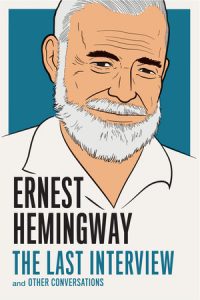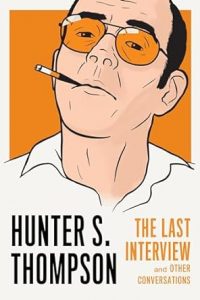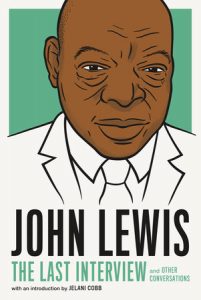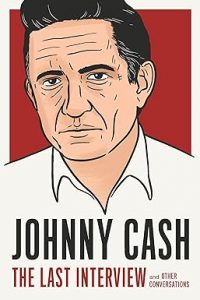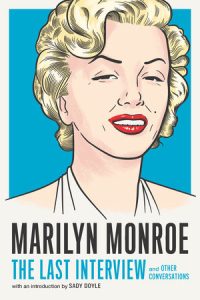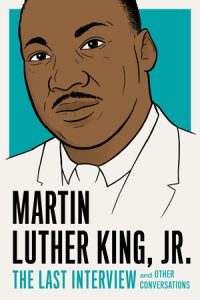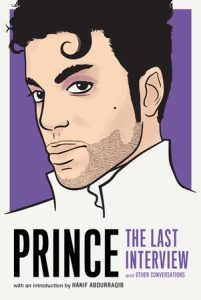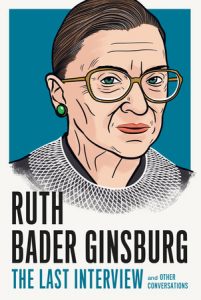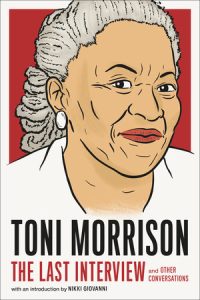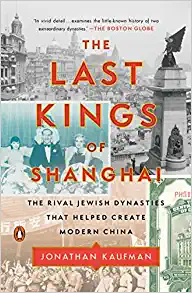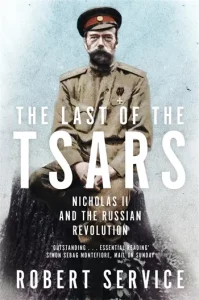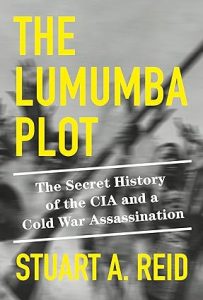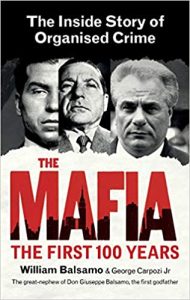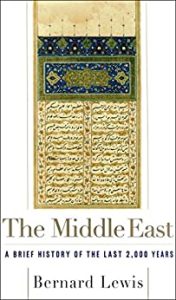The Last Interview: Ernest Hemingway
₦9,000.00Get to know the man behind the legend in this extraordinary collection of interviews with the Nobel Prize–winning author who defined American literature.
Hemingway was not only known for his understated style, but for his public image as America’s greatest author and journalist—and for the grand, expansive, adventurous way he lived his life. The prickly wit and fierce dedication to his craft that defined Hemingway’s life and work shine through in this unprecedented collection of interviews.

